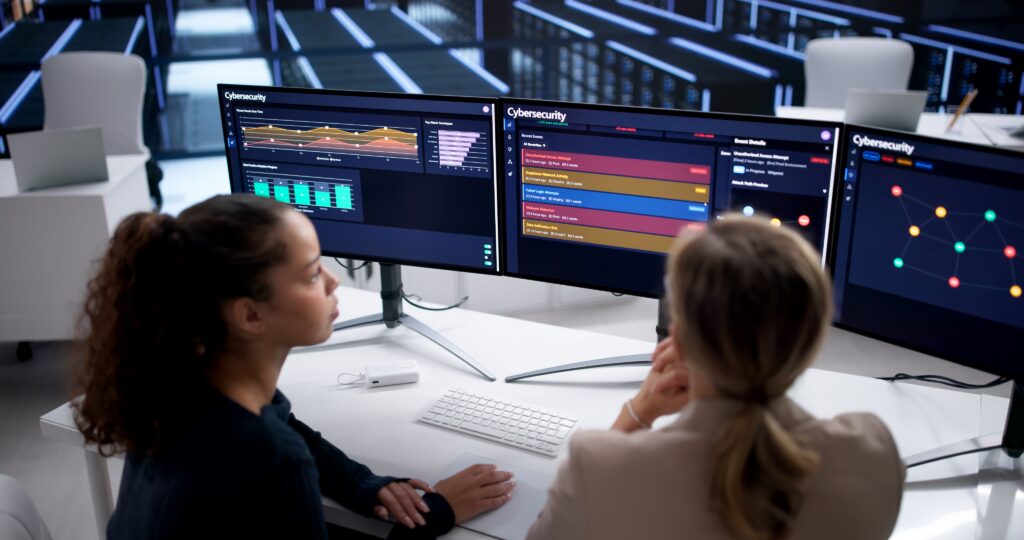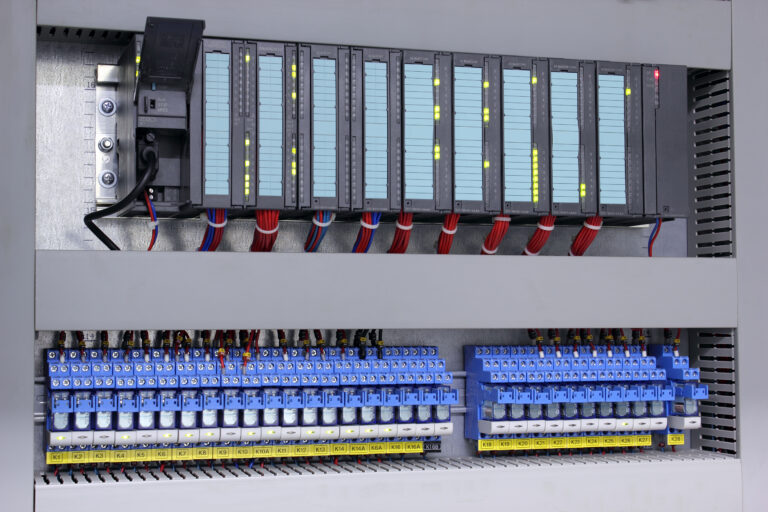How to assess risk according to ISO 12100 – analysis of the risk formula and methods
In 2023, the number of fatal workplace accidents in EU countries amounted to 3,298, representing approx. 0.1% of…
Hazard identification in accordance with ISO 12100
The goal of risk minimization and key factors Hazard identification: The ISO 12100 standard sets out general principles for…
Technical bulletin
Updates on standards (ISO/EN) and EU directives.
Regulation (EU) 2024/2847 – Cyber Resilience Act (CRA)
Regulation (EU) 2024/2847 – the Cyber Resilience Act (CRA) – is a new EU regulation introducing horizontal cybersecurity…
Modal analysis
Modern mechanical design requires not only a standard strength analysis of components, but also consideration of dynamic effects.…
Finite Element Method (FEM) fatigue analysis
Engineers who design machines and structures must ensure that their products can withstand long-term operation without damage. One…








